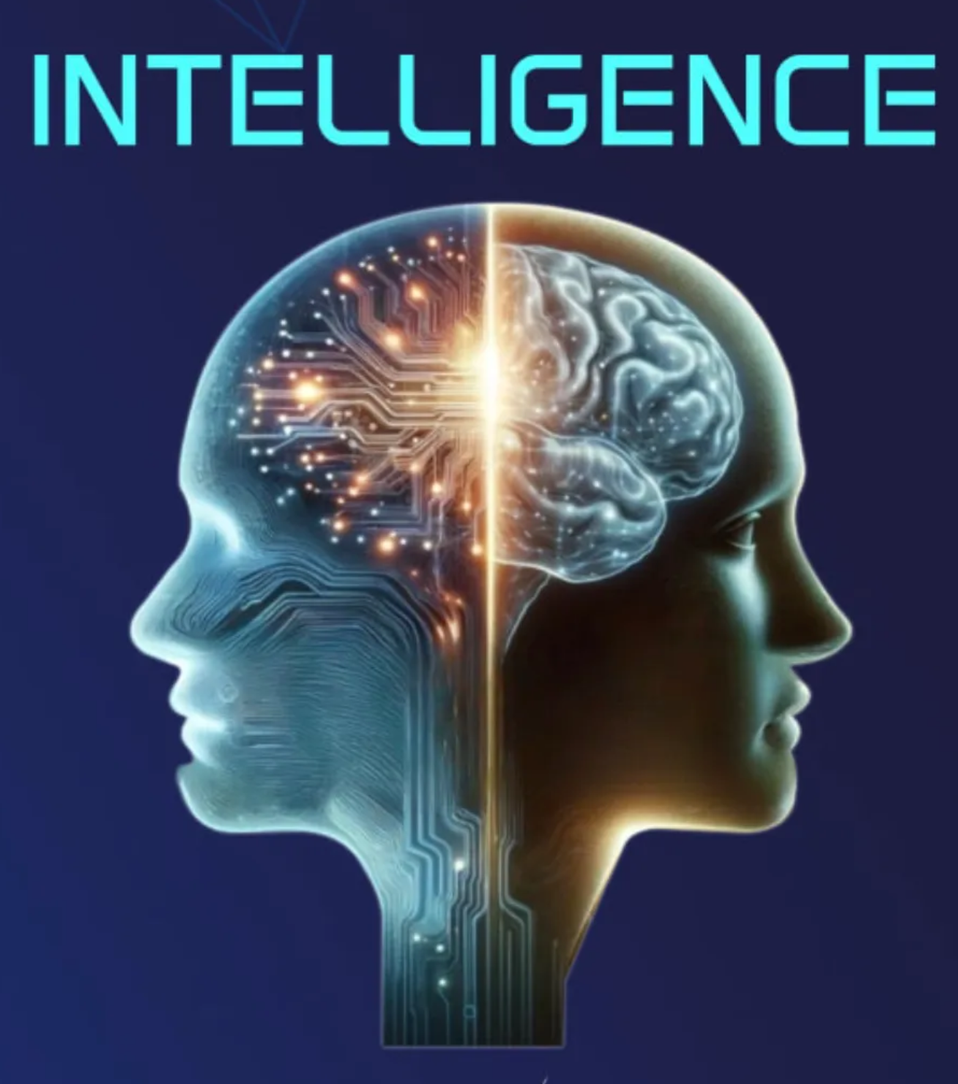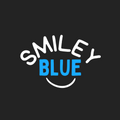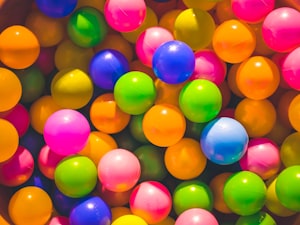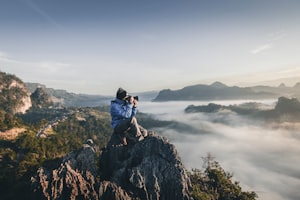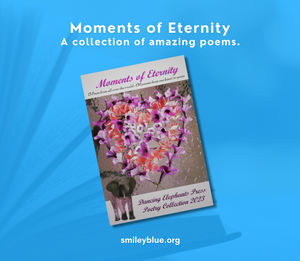“This book represents the beginning of writers coming together to speak for Humanity and Human writing and creating’’ Gabriella Korosi
Recently, I had the chance to co-author a book with 24 authors from different countries around the world. At Dancing Elephants Press we all feel strongly about the potential dangers of artificial intelligence in the near future.
I was honoured to write a piece for this special book about human intelligence and human connection, and to be part of something so meaningful. I'm glad I could add my voice to raise awareness about why we must value real intelligence and real human bonds over technology.
Read The Reviews!
Leonard Tillerman
Have you ever worried that your coffee maker could develop a mind of its own and decide to conquer the world?
A very unlikely, yet frightening thought!
For decades, humanity has been fascinated with the concept of machines becoming more intelligent than their human overlords. Virtually transforming from the servant into the master.
It was always a far-off notion, but something fun to fantasize about. Well, in the year 2024, those days do not look quite so fantastical anymore.
If this concept has intrigued you, then the anthology, AI vs HI may be right up your reading alley!
Essentially, the book is a collection of articles, stories, and poems by 24 different writers gathered from across the globe. Each one has put together passionate writing that seeks to assess and explore the unique world of AI-generated content, and its overall impact on humans.
The opinions contained within vary from outright rejection of the new, innovative technology, to those that advocate learning more about the new tool in hopes it can be used to complement, rather than replace genuine human writing.
The theme of “responsible use” rings out loud and clear throughout the entire anthology.
In short, AI is recognized as something that is not going away anytime soon.As such, human beings need to learn how to coexist with it and use the technology responsibly. Failure to do so will wipe out entire industries. Creatives such as artists and writers will have the potential to be hit the hardest.
The anthology is a balanced, intelligent, and passionate analysis of the AI vs HI conundrum. The need to use these new tools with responsibility and caution comes shining through in the work. The words “proceed at your own risk” would fit nicely here!
Top marks for this one. Highly recommended!
Gary L Friedman
Worried about all of the noise being made about Artificial Intelligence? Don’t know whether to believe the hype or the apocalyptic predictions? Losing sleep over our all-too-certain dystopian future?
In this collection of essays, 25 experts from a variety of different fields provide perspective and insight into what AI is and isn’t, contrasting the crucial differences of AI vs. Human Intelligence (it’s more nuanced than you think), and the surprising ways they can work synergistically.
After reading this book you will come away with a level-headed, non-polarized understanding of the technologies, potential benefits to society, and the potential pitfalls we all must be aware of to steer the technology in the right direction, be it technologically or legally. (And you will be better armed to see through the marketing hype!)
Rick Allen
The greatest danger posed to creators by AI is not AI itself; it is human misuse of AI and the laziness and greed prompting that misuse. — Rick Allen, 2022
My involvement in this remarkable book is negligible. Having spent close to three decades in IT and Network Security, I witnessed the browser wars firsthand. We were assured that Google and its rivals were merely examining metadata during their web crawls. This was a lie. They were ‘scraping’ content and any other data they could get their hands on, all in the name of cataloging for their search engines. Their spiders or data gatherers were active 24/7, and they still are. We were even given instructions to add code to prevent our pages from being scanned by these search engines. Yet another lie.
A little more than 15 years ago, I was becoming a bit paranoid. On my own site, I hid a page from the spiders according to their instructions. I inserted many paragraphs of public domain text on that page, with a few changes to the non-essential words. I didn’t change the meaning, only the wording. Within 2 years, I found those paragraphs using a Google search. The other paragraphs found did not have the changes I had planted. The concept of internet privacy seems to be a farce.
This book is not just a recommendation; it is a necessity if you have any regard for truth or integrity. Here are my thoughts on the profound insights it offers.
The profound influence of AI on human creativity and intellectual property presents us with crucial ethical and social dilemmas that demand our attention. As AI technologies, such as natural language processing, advance in their ability to mimic human speech and generate text, they also bring with them risks. One such risk is the unauthorized use of human-created content. This has already led to potential legal disputes and has put the livelihoods of creators at risk. The text underscores the immediate need for transparent and fair practices in AI development, advocating for solutions that uphold and protect human creativity and contributions. It urges readers to recognize and uphold human intelligence in the digital era.
Gabriella’s voice in the narrative underscores a deep appreciation for traditional forms of storytelling, valuing the emotional depth and authenticity that come from human experiences. Celebrating the rich, longstanding tradition of storytelling that evolves from oral histories to digital writings, the text emphasizes the unique connection and understanding that human creators bring to narratives. Unlike AI, human storytellers engage with their audience profoundly emotionally, making a compelling case for the irreplaceable value of human writers.
The discussion of AI’s potential unfolds within a context of ambivalence, illustrating a dystopian future where AI may dominate, reminiscent of scenarios from “The Matrix” and “The Terminator.” Such portrayals serve as cautionary tales about the risks of AI surpassing human control and lacking emotional and ethical judgment. However, the narrative also recognizes the embedded role of AI in modern life, its utility in various fields, and its potential to complement human capabilities, ultimately advocating for a balance where human qualities are not overshadowed by technological advances.
The ethical quandaries continue with a focus on AI’s impact on the arts, particularly concerning the rights and recognition of artists. Issues such as the unauthorized use of images and artworks by AI platforms like MidJourney and Stable Diffusion highlight significant copyright and ethical violations. The introduction of technologies like Glaze, designed to protect artists’ works from being exploited by AI, underscores a growing movement toward defending artistic integrity and supporting creators to ensure they are recognized and compensated appropriately.
Echoing these concerns, the text calls for a reevaluation of the balance between technological innovation and ethical responsibility. This plea is reinforced by the seasoned perspectives of writers and artists who witness firsthand how AI can dilute the authenticity and quality of creative works. Stricter regulations and transparent practices in AI usage are necessary to protect intellectual property and ensure the sustainability of creative professions. As AI continues to infiltrate various aspects of life, the imperative grows for all involved to discern and choose responsibly between AI assistance and the indispensable value of genuine human creativity.
“Artificial intelligence is not a substitute for human intelligence; it is a tool to amplify human creativity and ingenuity.” — Fei-Fei Li,
When I think deeply about AI, several words come to mind — artificial, inorganic, plastic, fake, dangerous, impersonal, disconnected, anti-human. By comparison, when I think about HI, words like creation, organic, blossoming, growth, nature, truth, heartfelt, honesty, integrity, love, and earth come to mind. — Lisa Precious
“Success in creating AI would be the biggest event in human history. Unfortunately, it might also be the last, unless we learn how to avoid the risks.” — Bill Gates
This is a call for responsible technology use while respecting and protecting the rights and contributions of human artists.
Human intelligence should flourish with the human race. We don’t want to underestimate the power of the physical, mental, emotional, and soulful experiences we get to be a part of. If we compromise our human interactions and hand them over to artificial intelligence, it might make tasks easier, but this story tells what the cost could be. We should build and nurture human relationships through human intelligence for a better tomorrow. — Buddhi Ruparathna
As a writer and an Artist, I have learned that our authenticity is our greatest quality. How we interact with the world through our thoughts, senses, emotions, and the deeper connection of Soul to Soul is uniquely ours.
I know a screenwriter and storyteller named Seda Anbarci, who wrote an article titled “AI Artist” Is Not a Thing/Term. Her piece didn’t pull any punches. It went right to the heart of the matter.
She wrote, “You shouldn’t order an article/book/poem/ or a script from AI, then post it with your name on it and call yourself a writer. YOU ARE NOT A WRITER.”
Rick Allen, Author, Portraitist
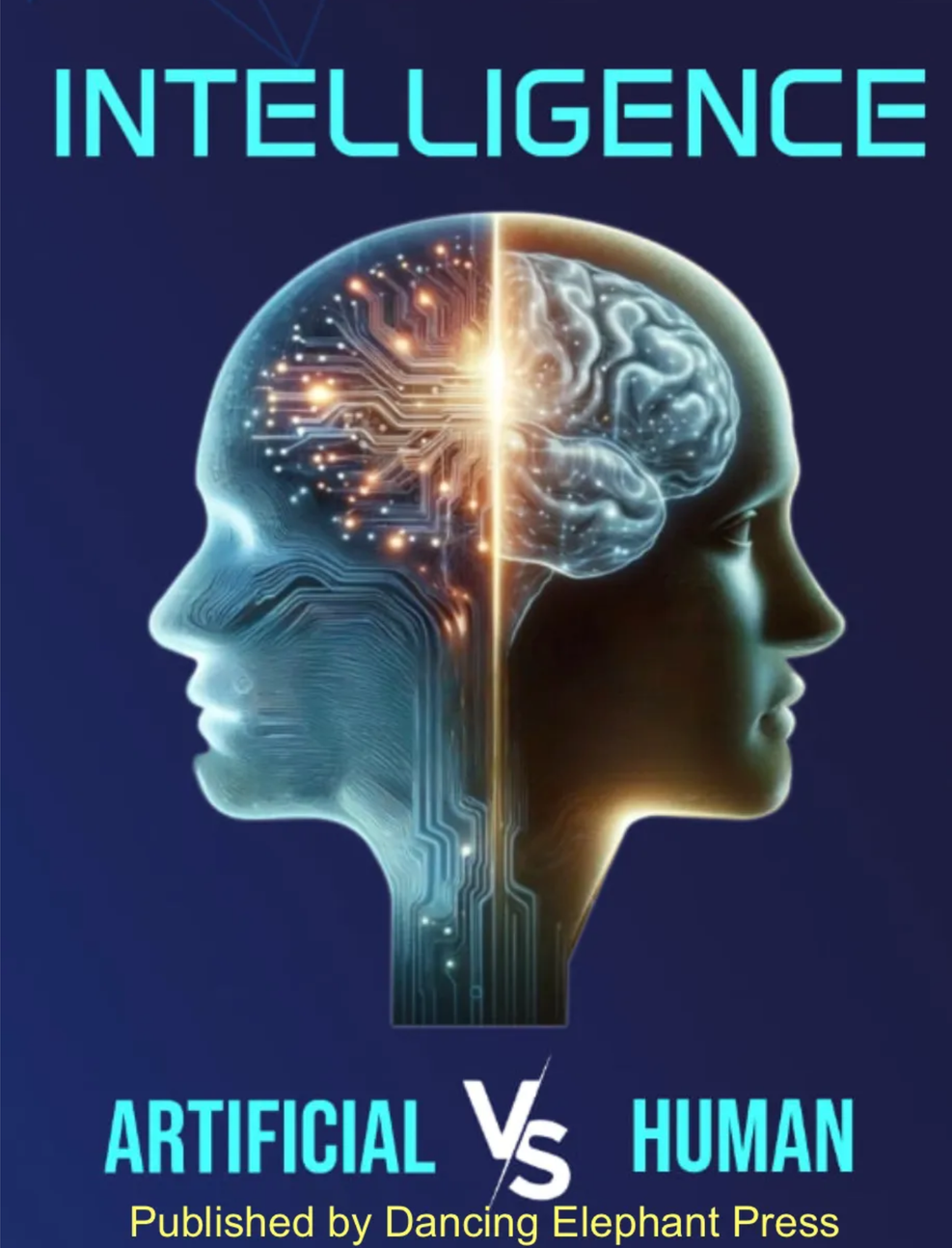
Purchase the book


